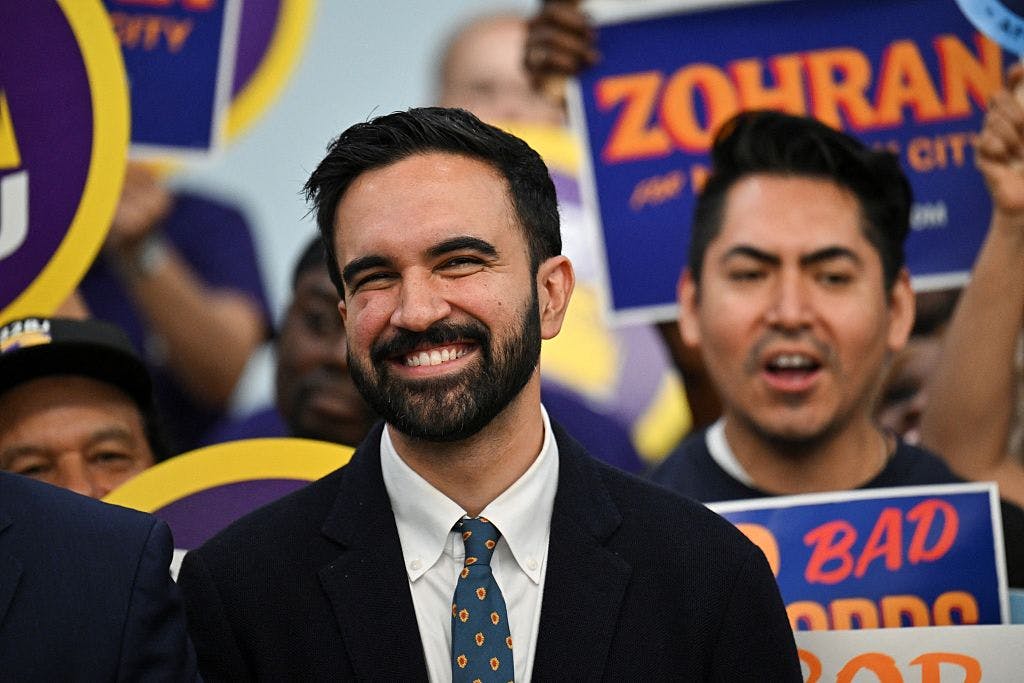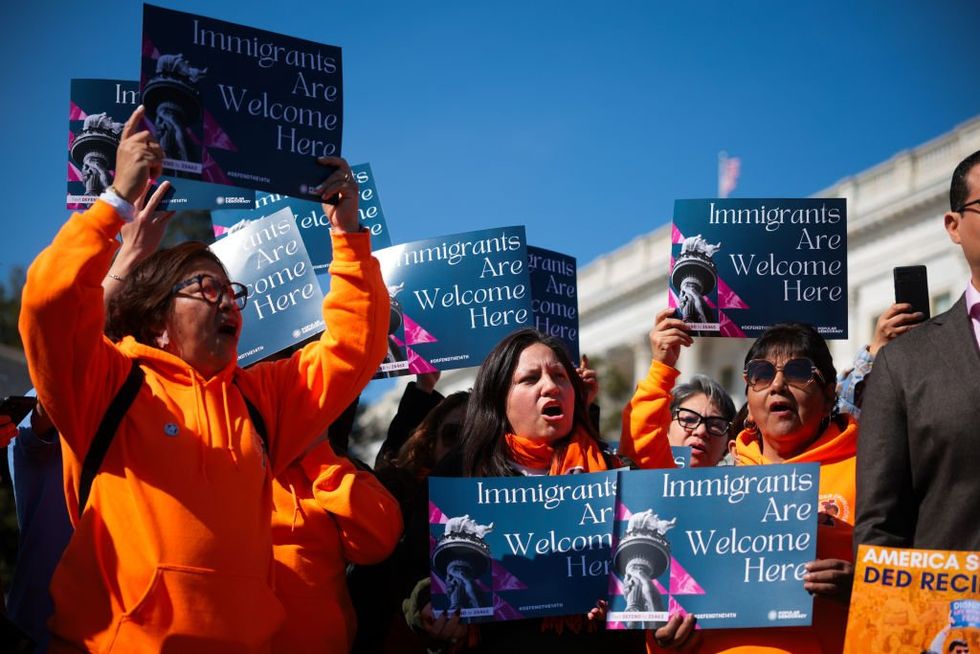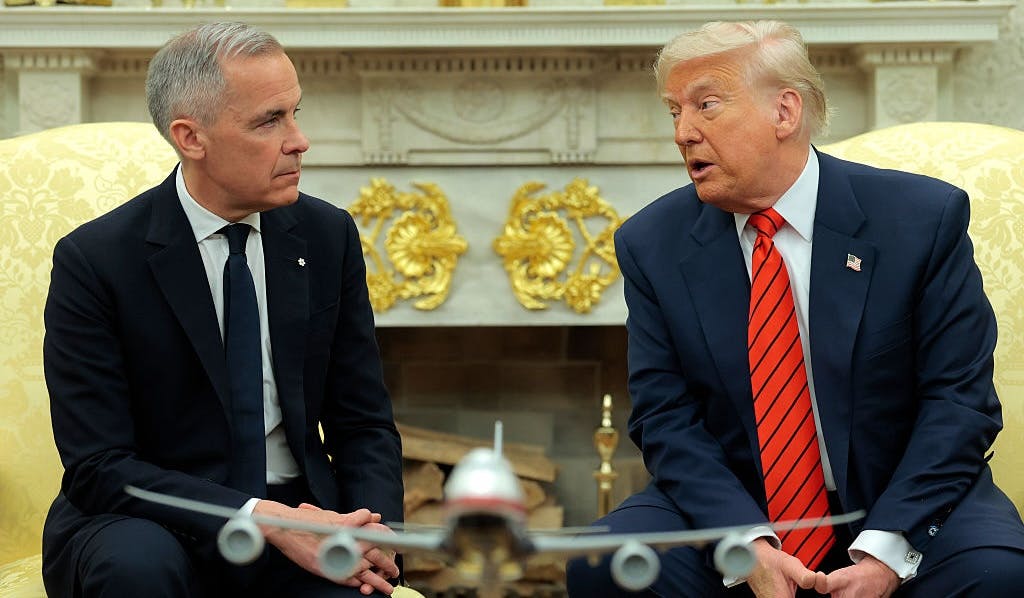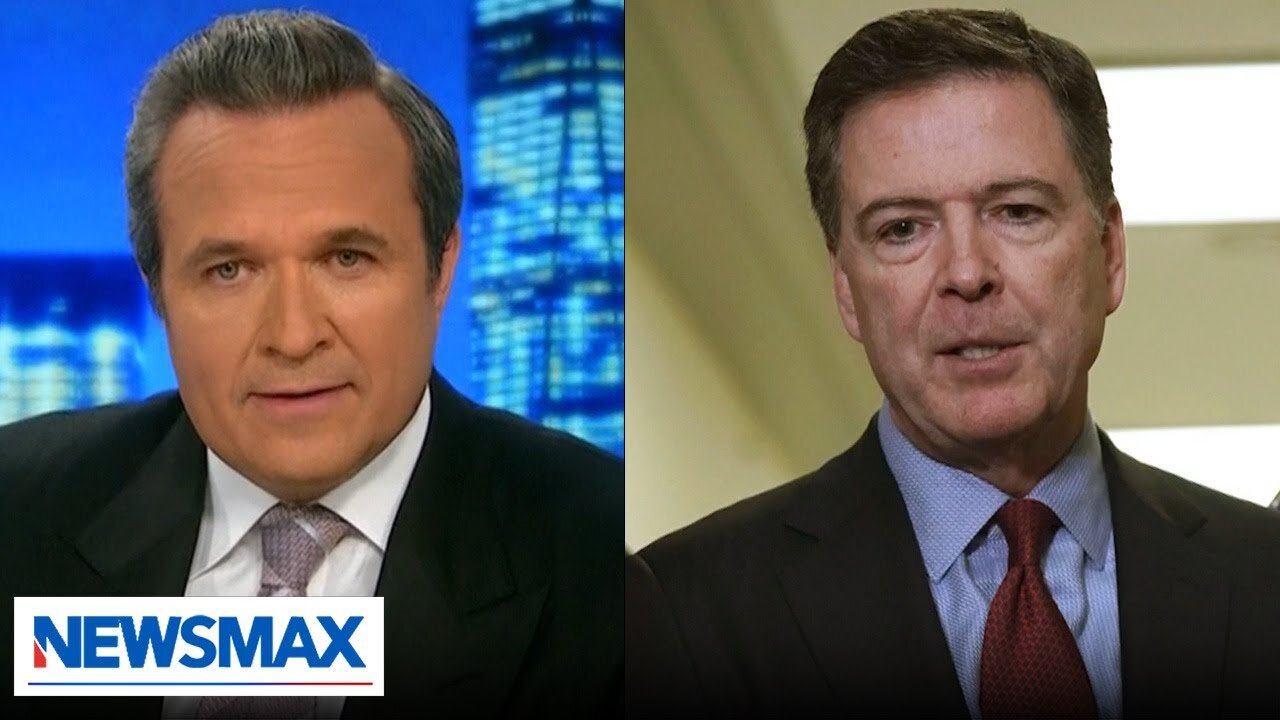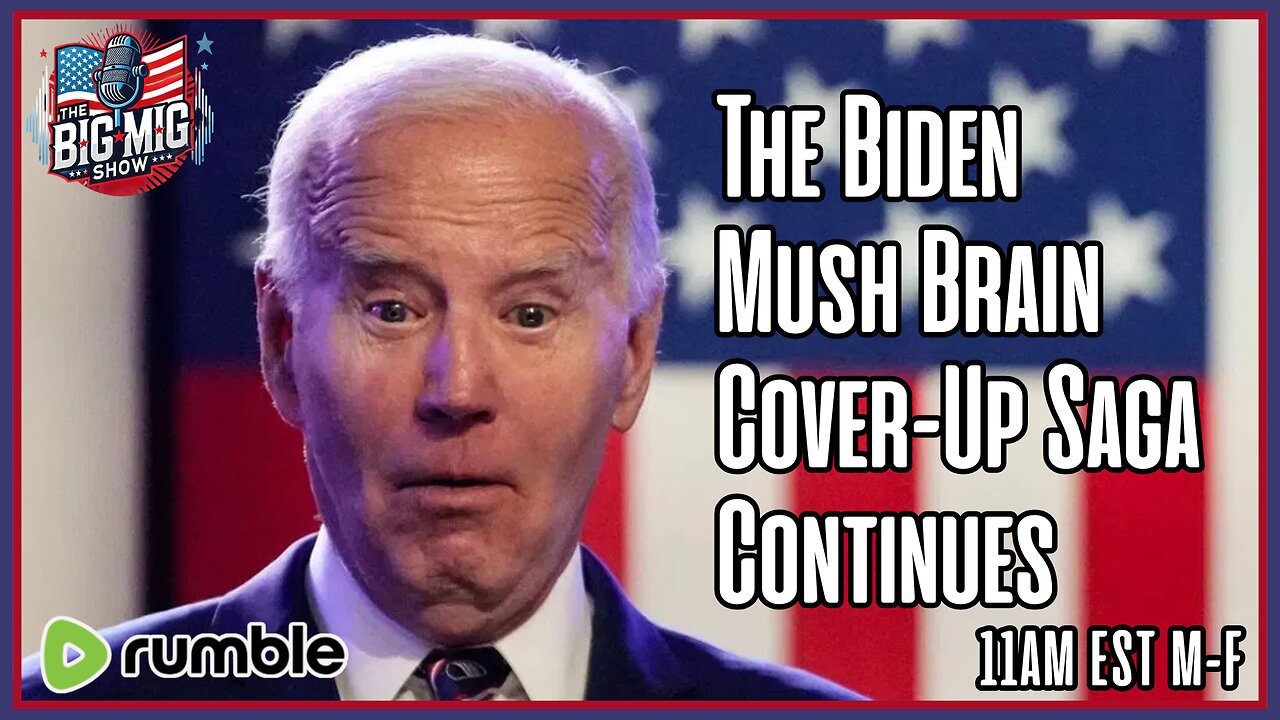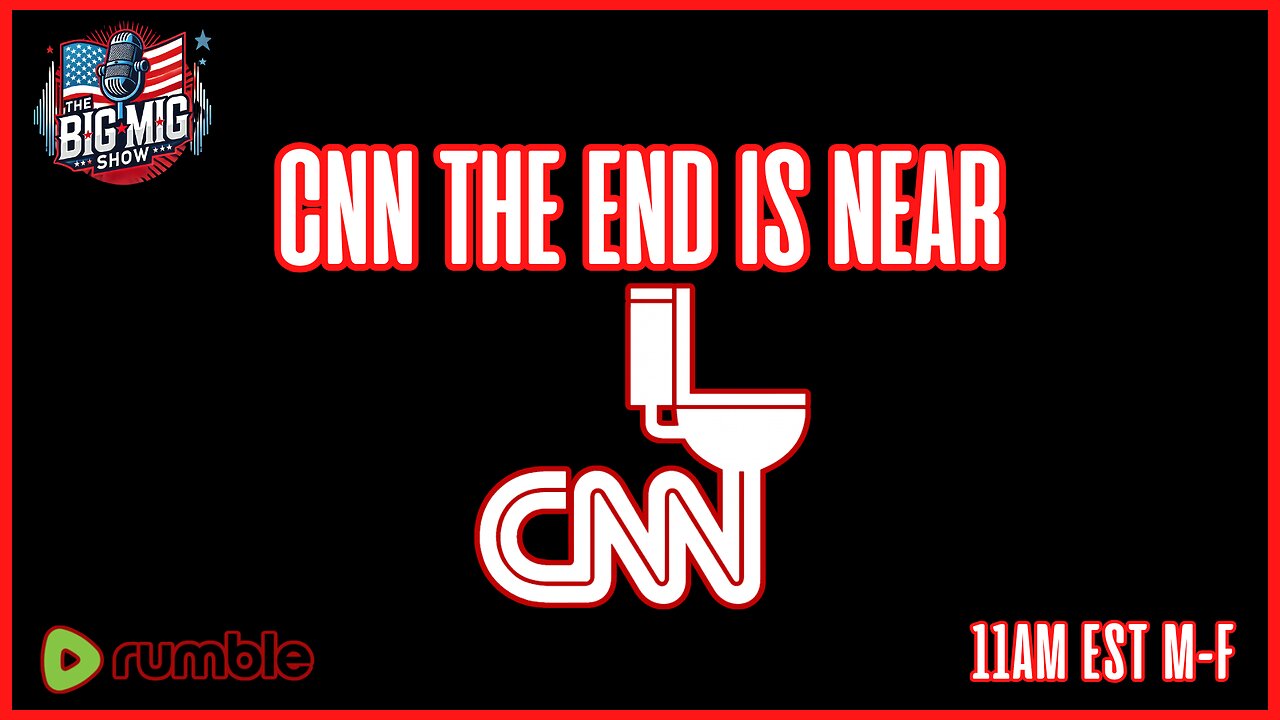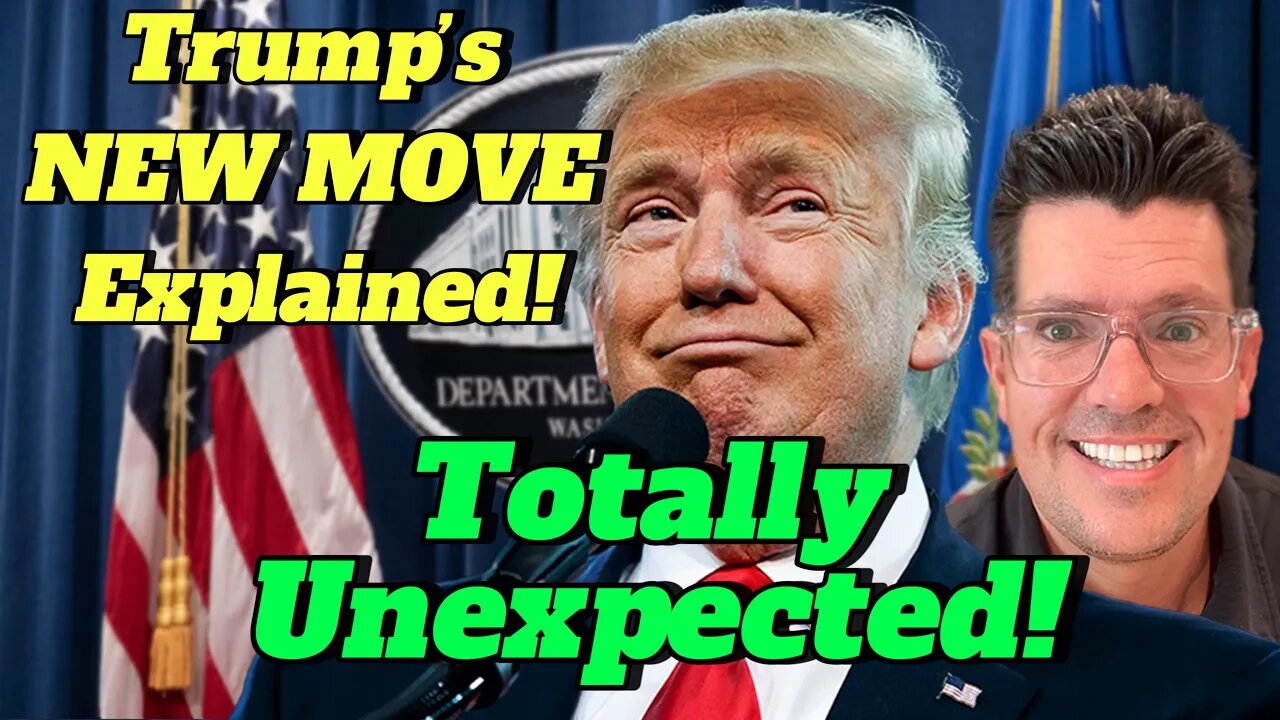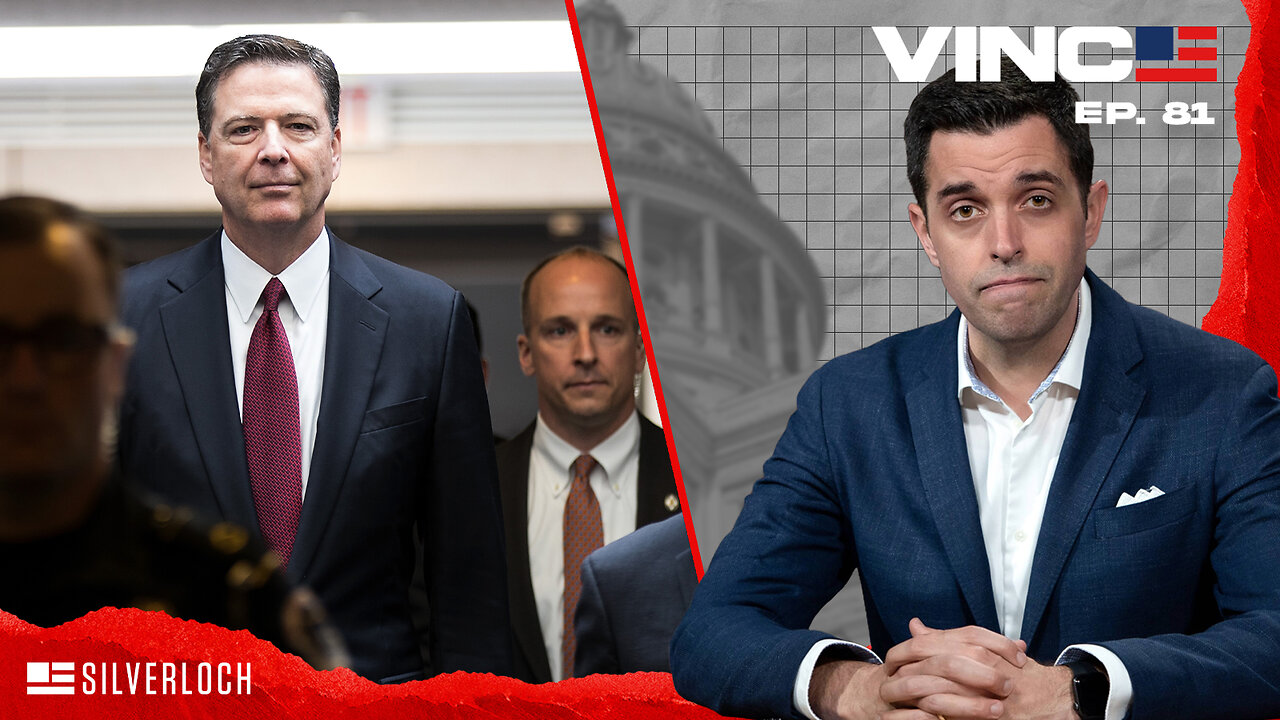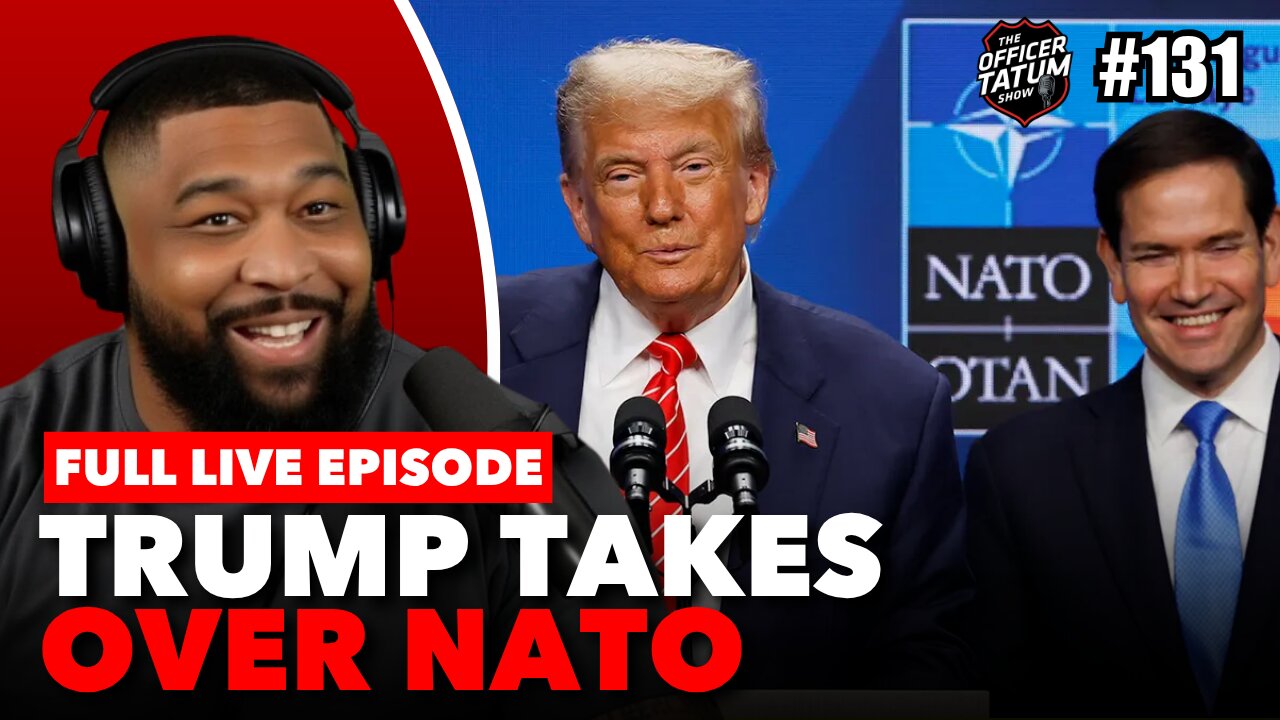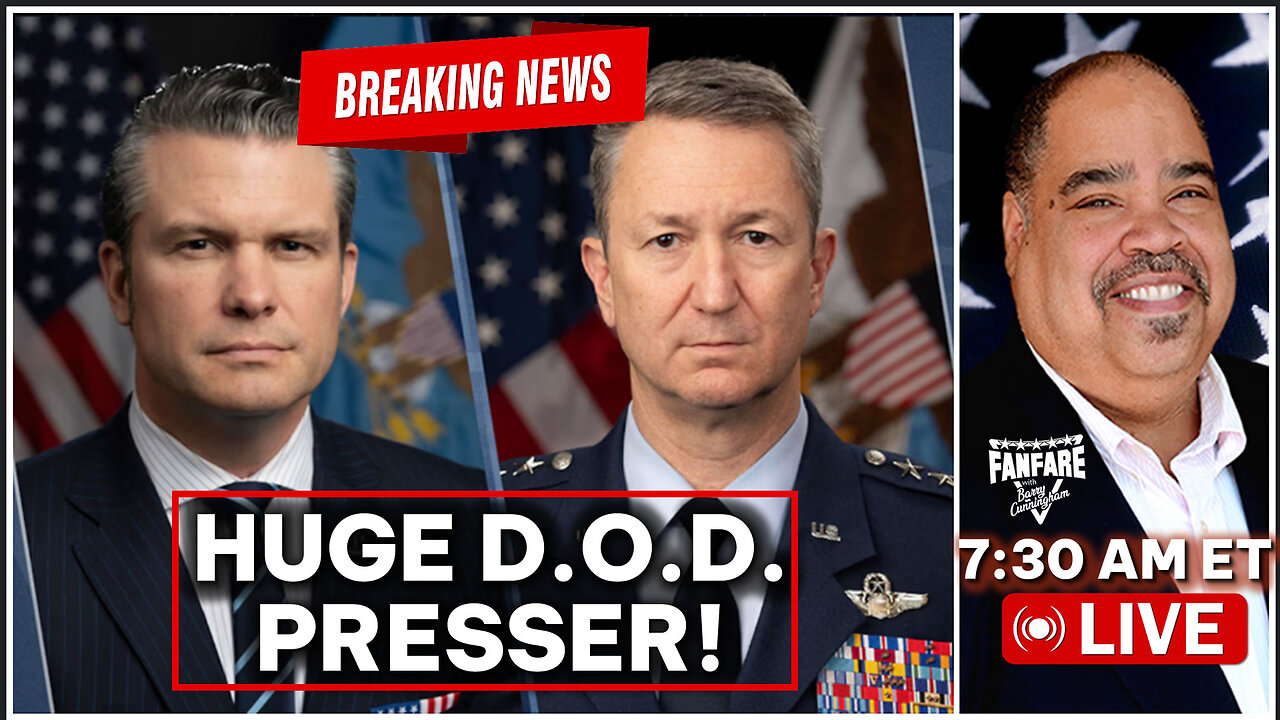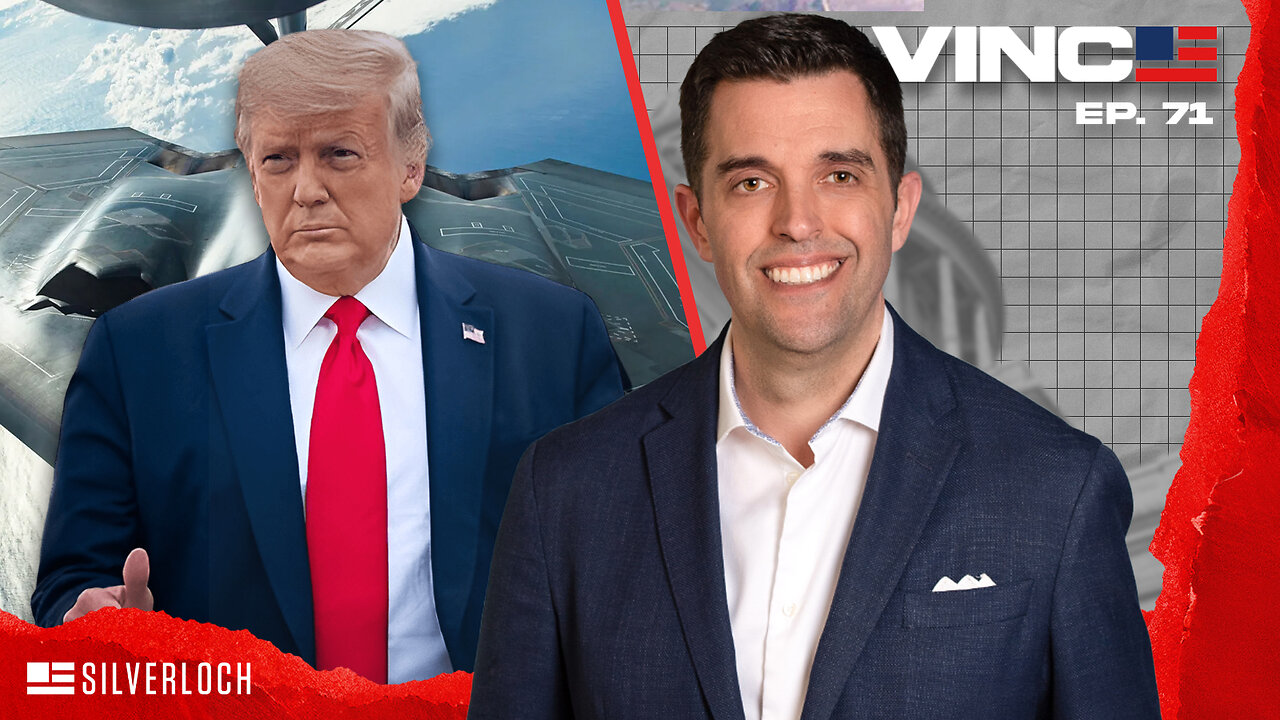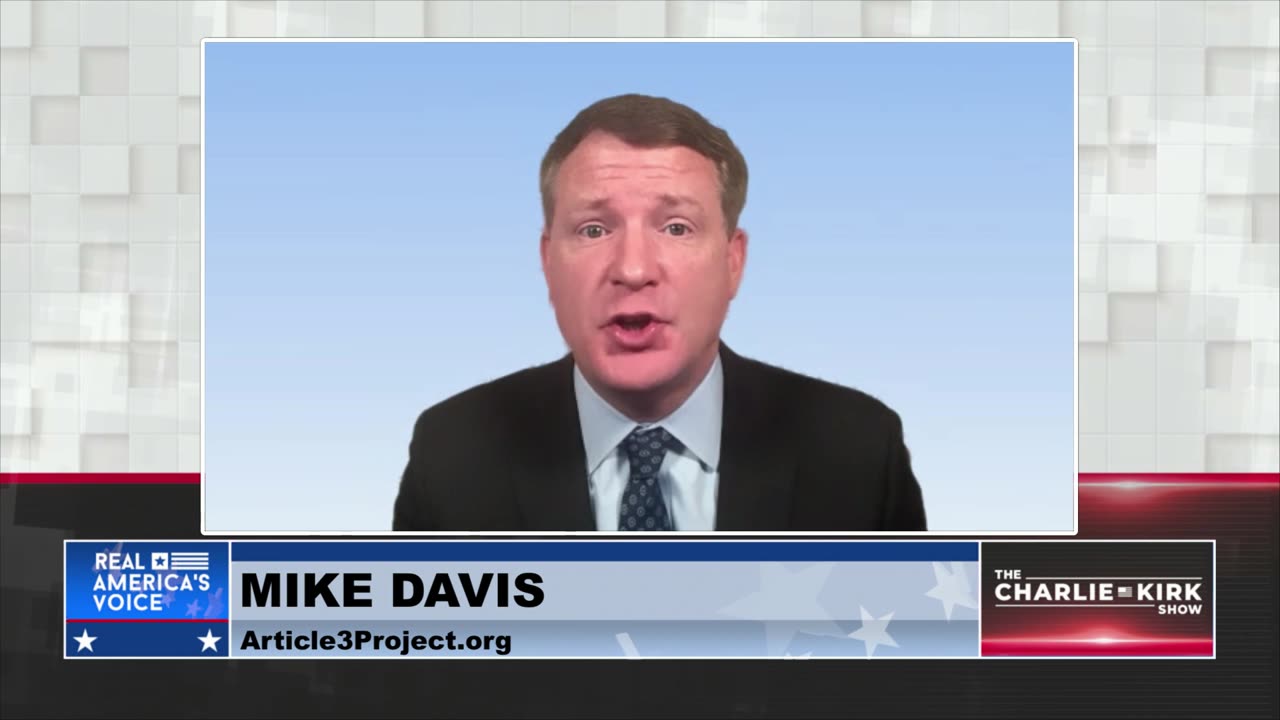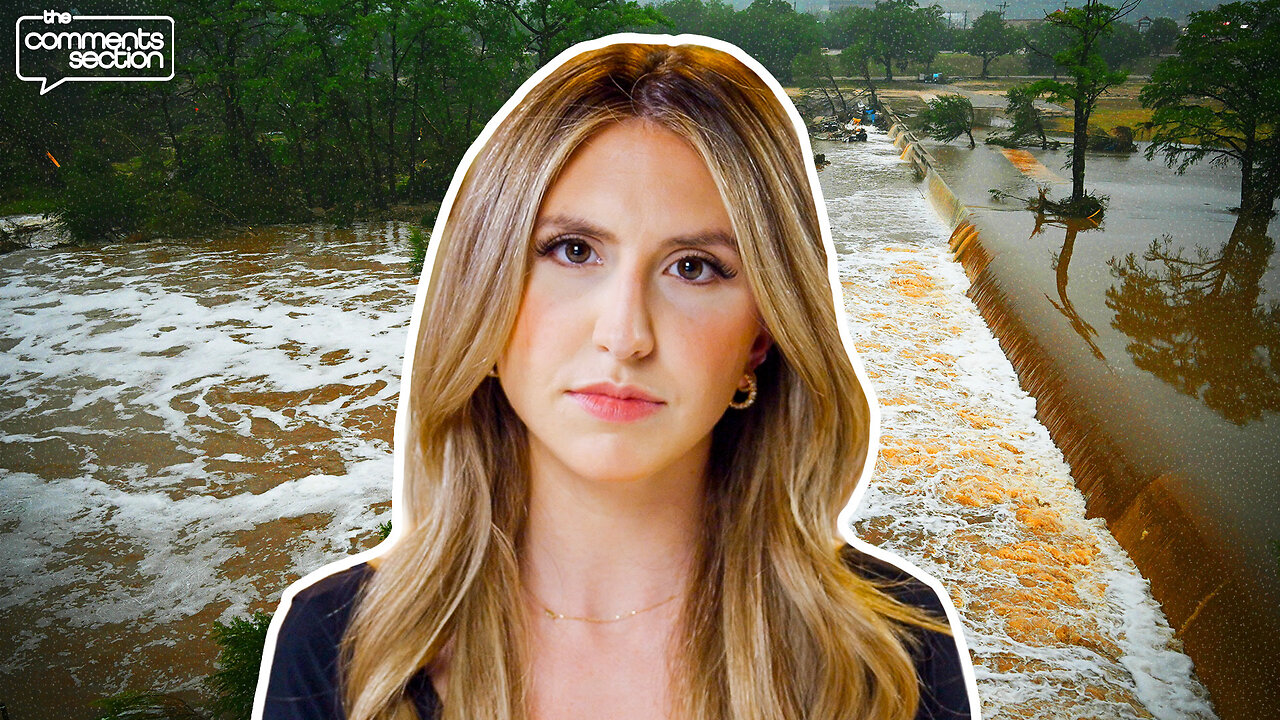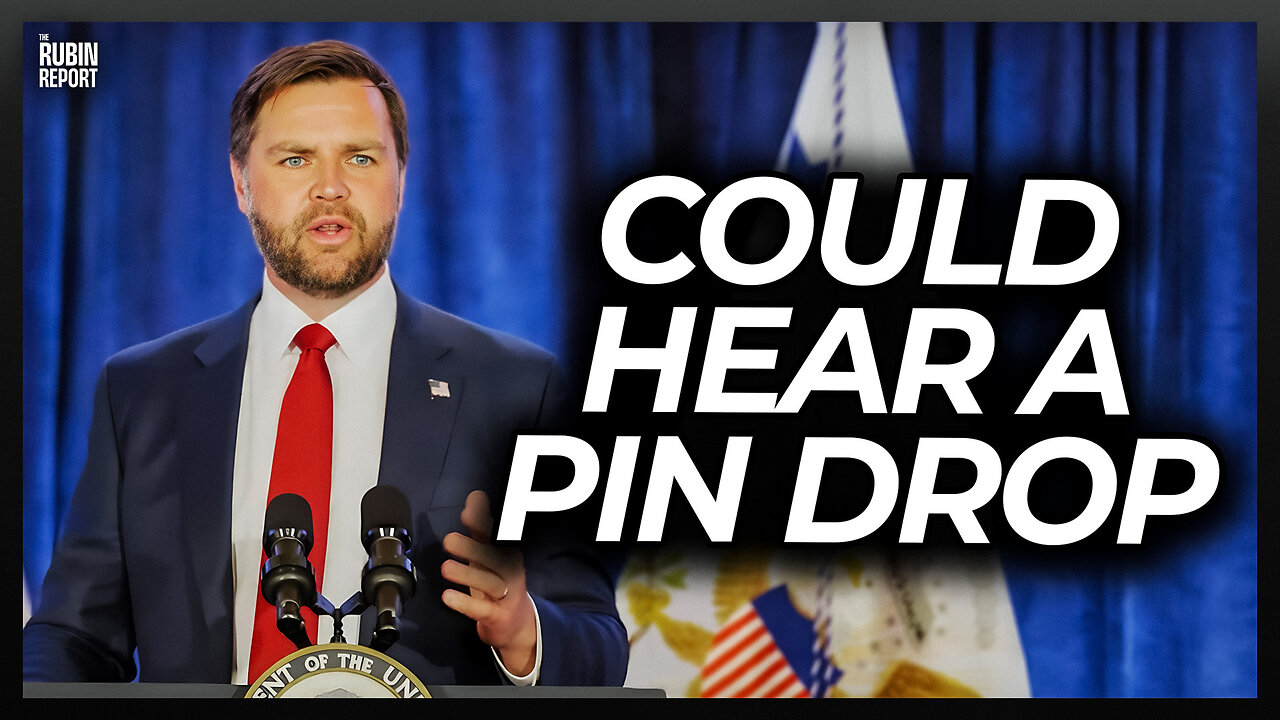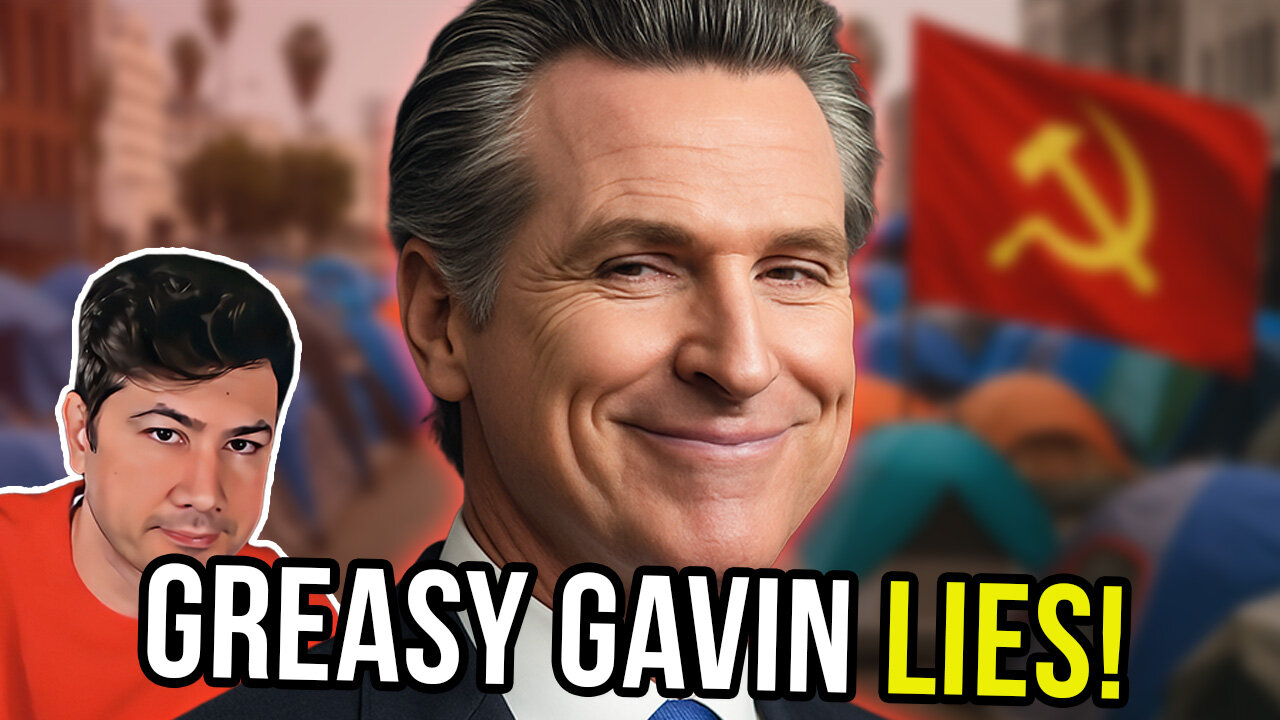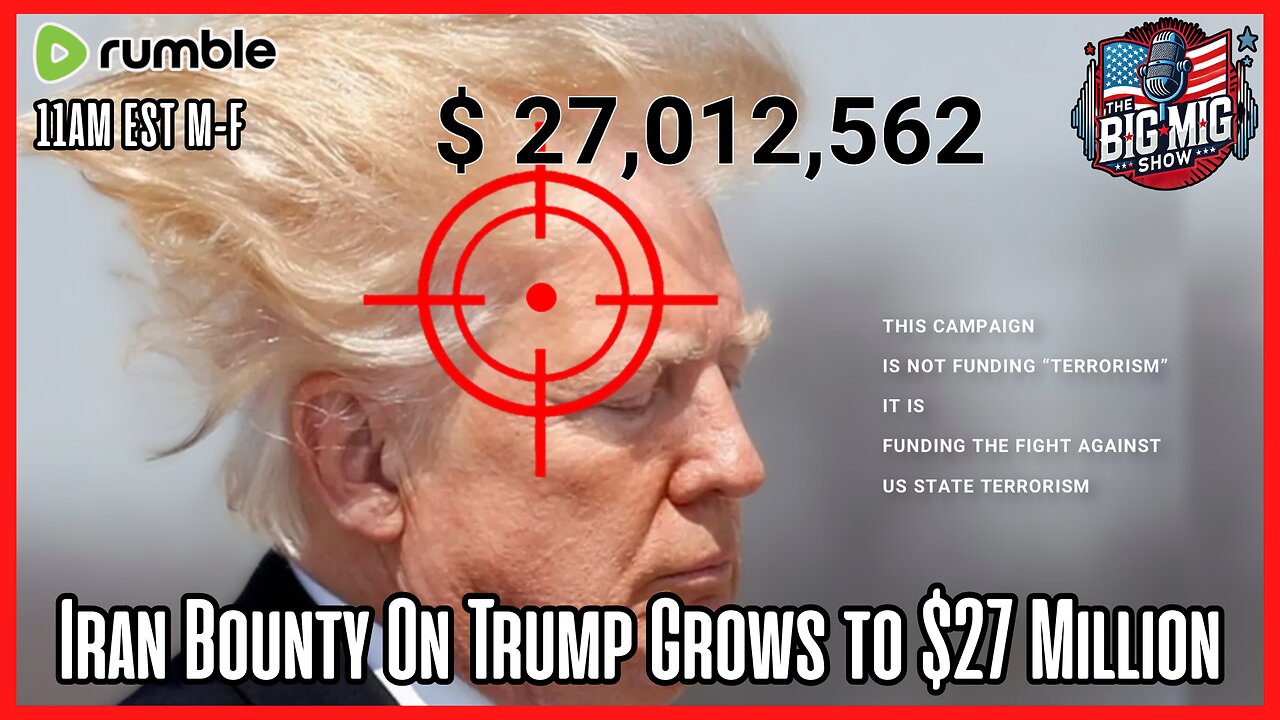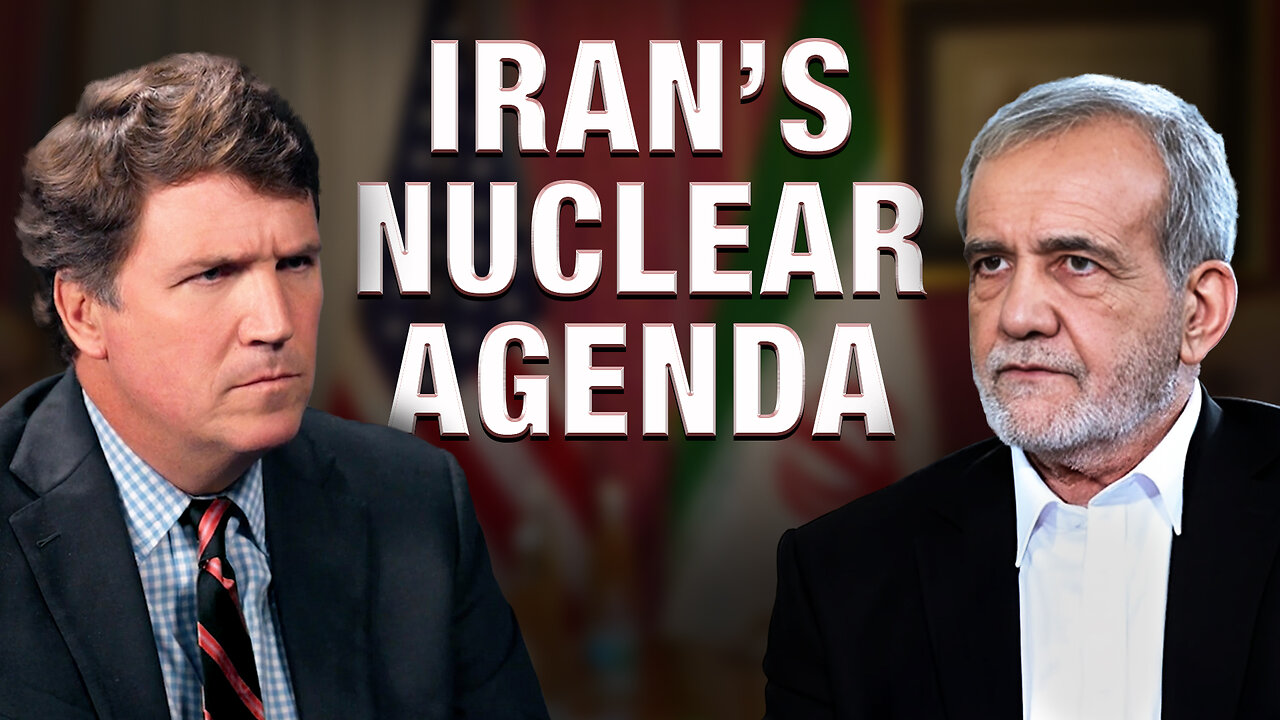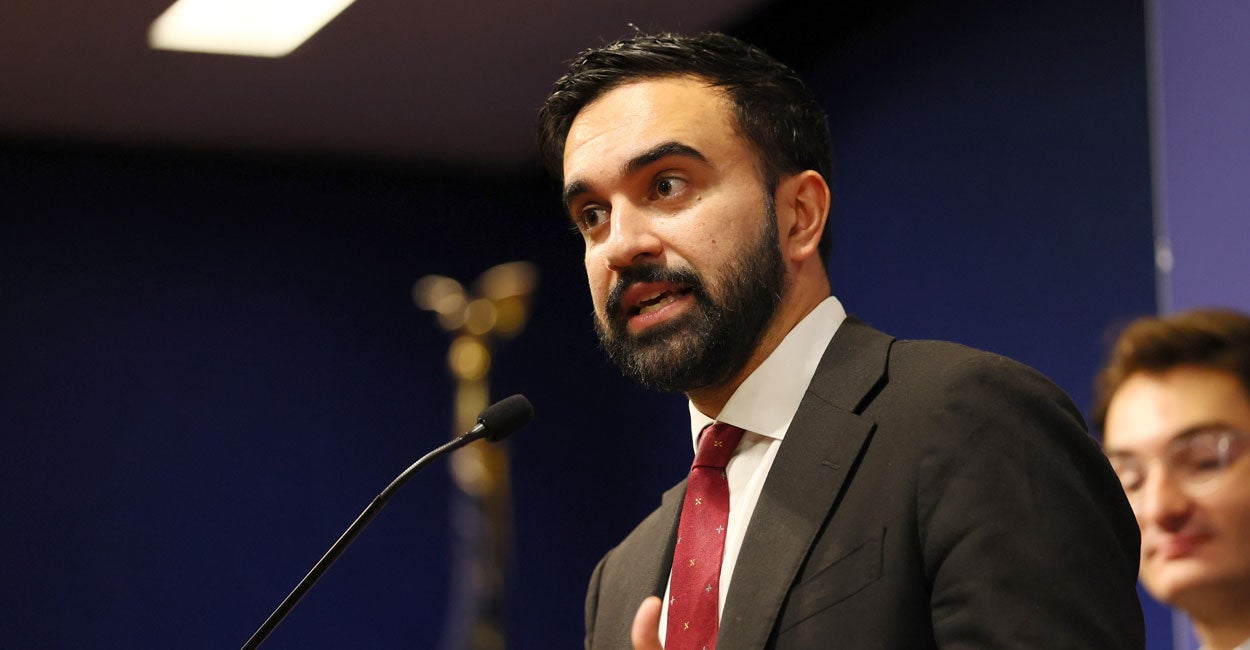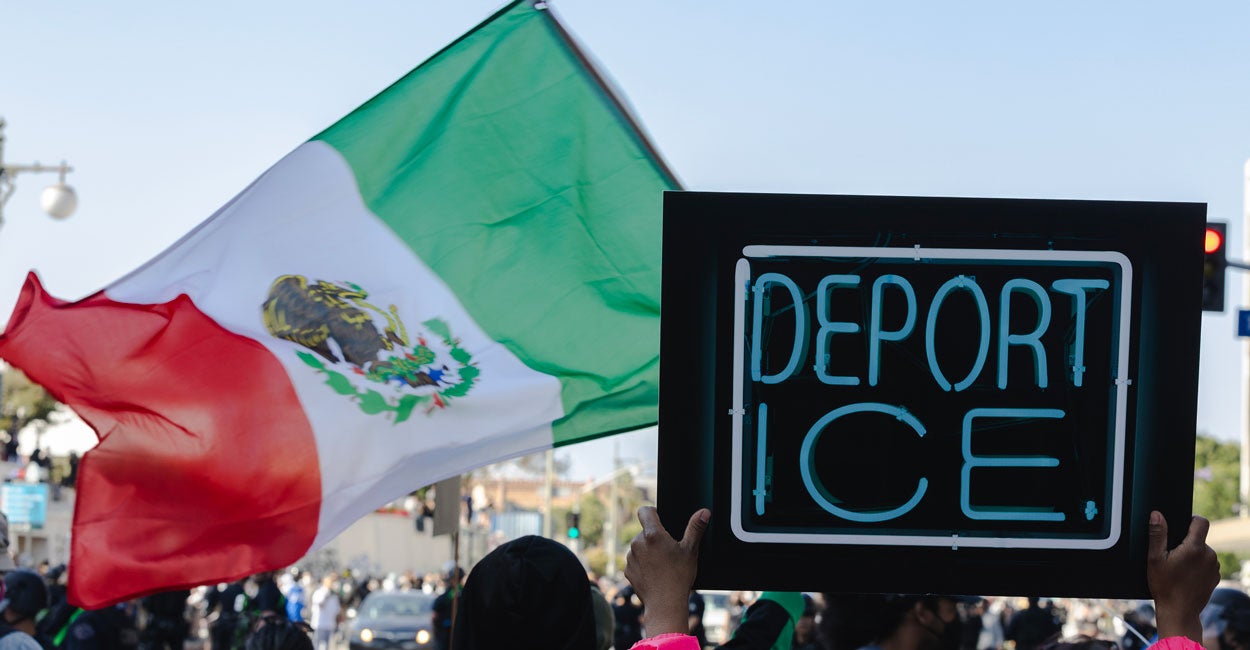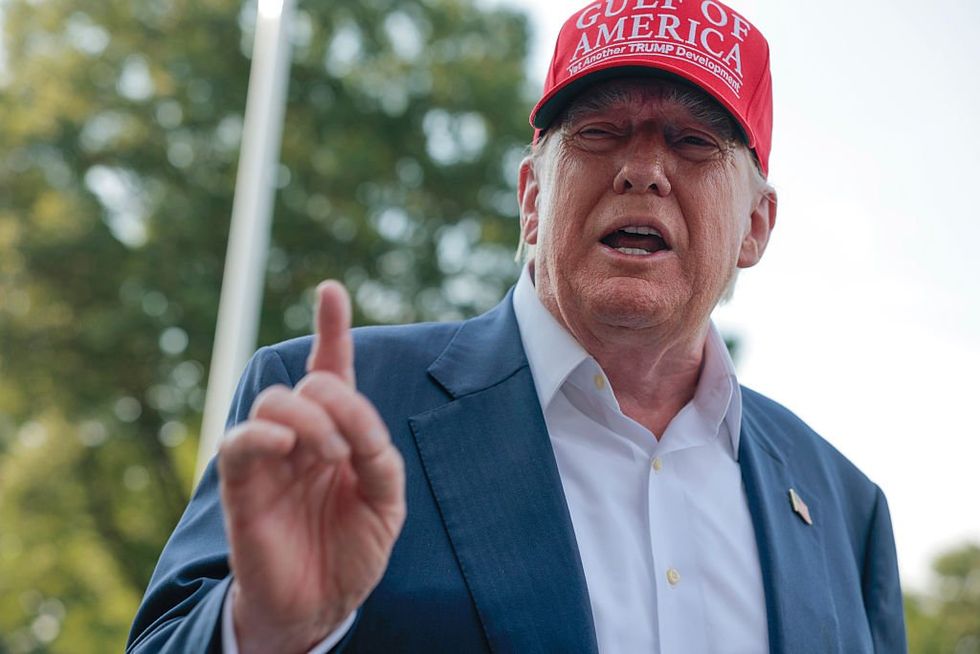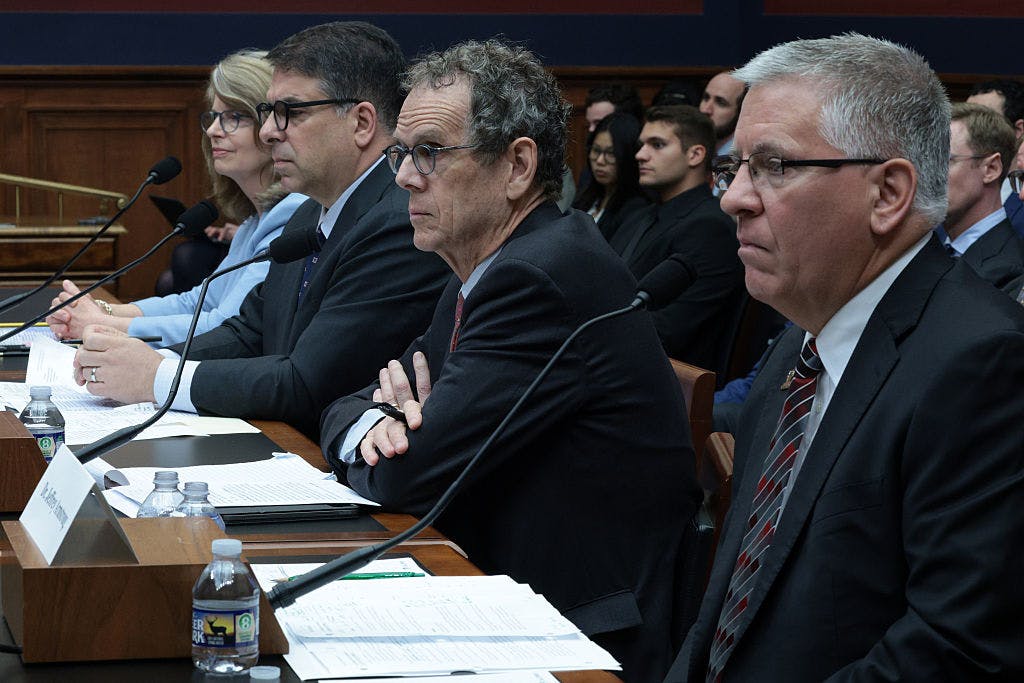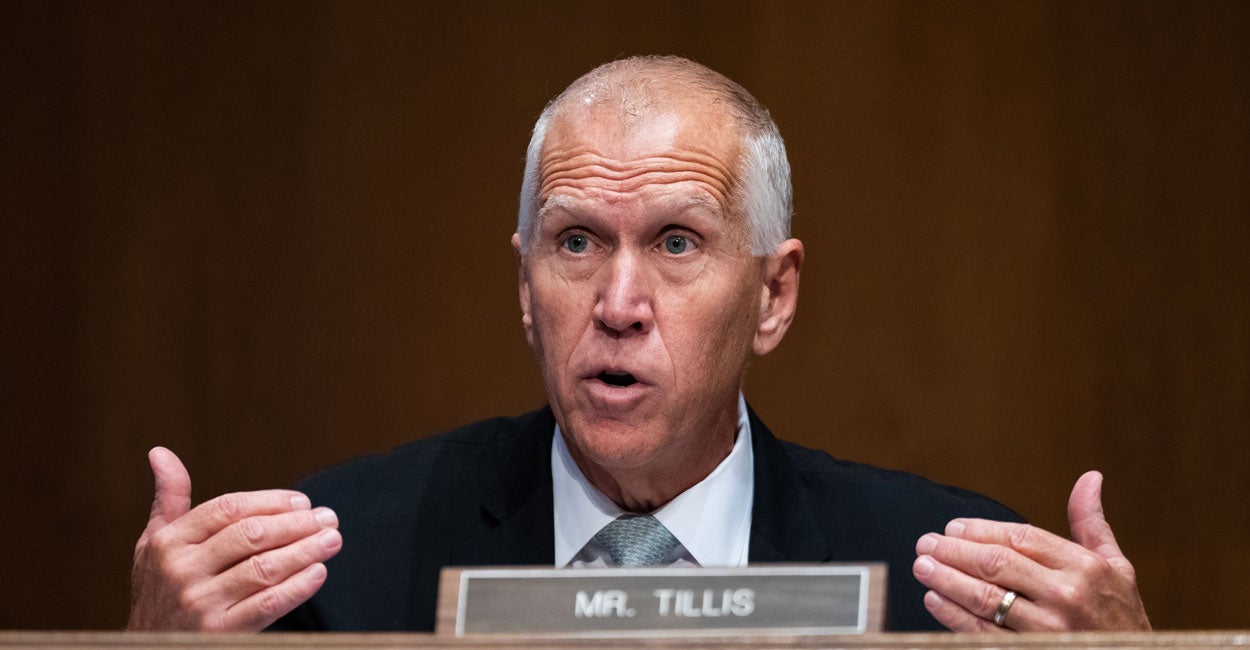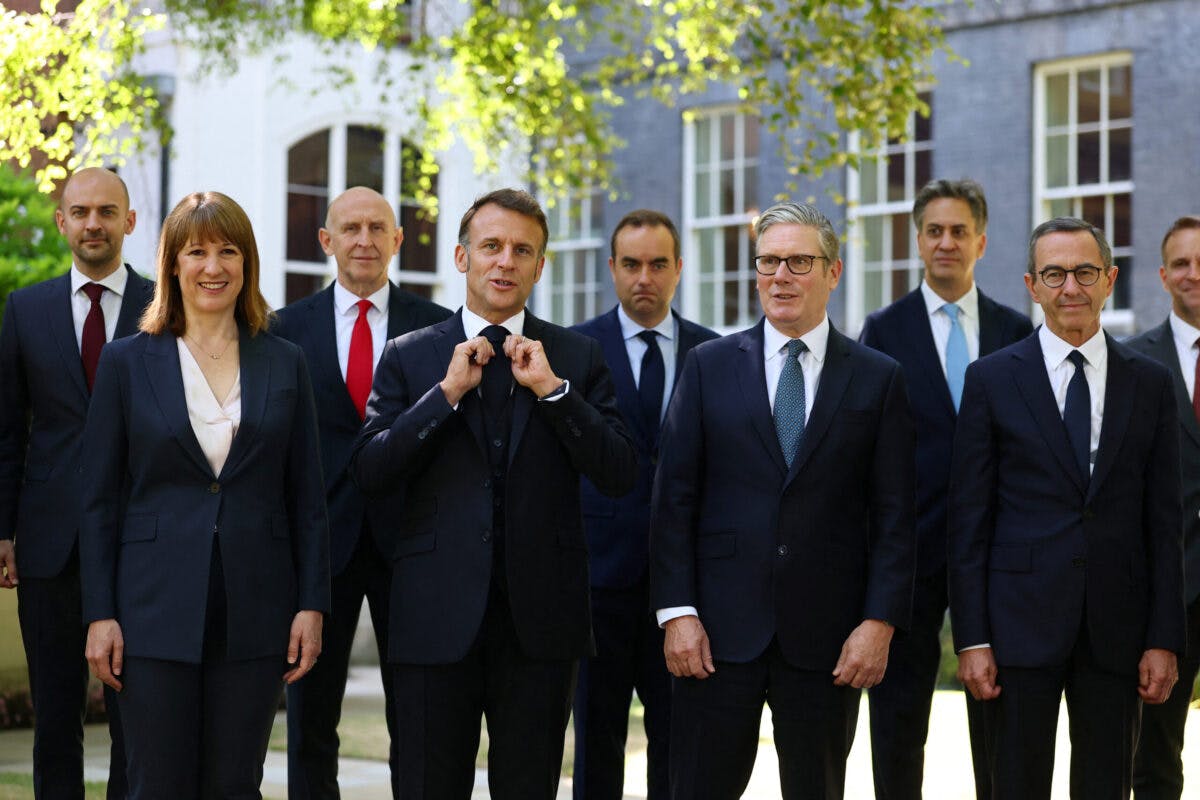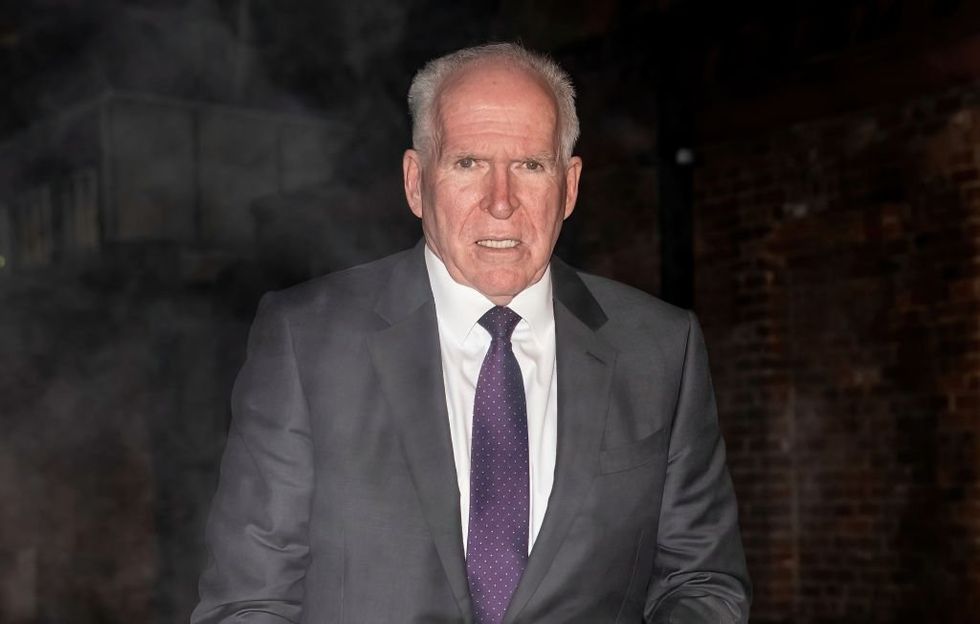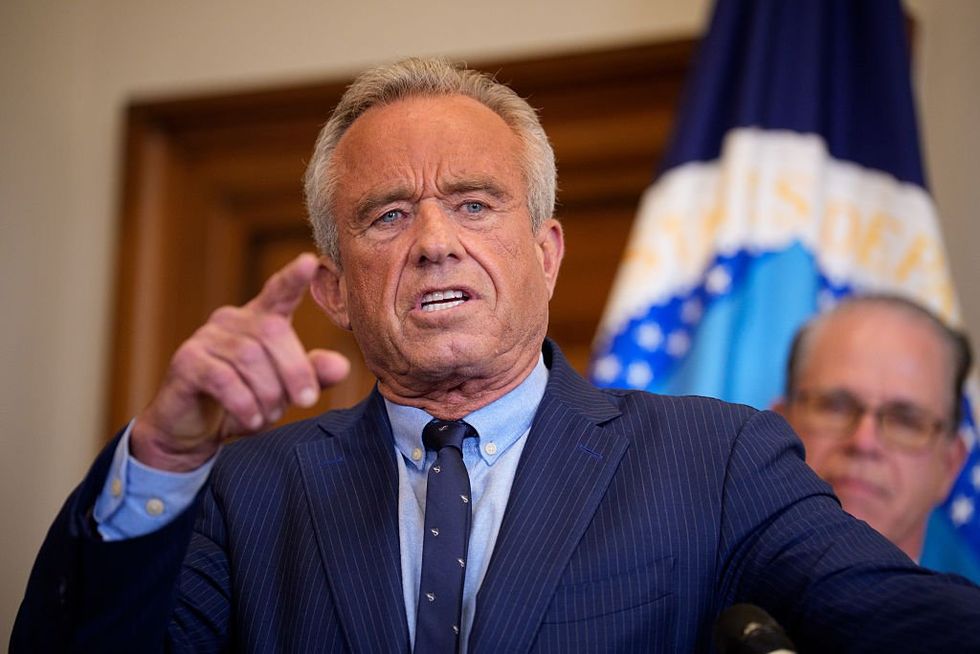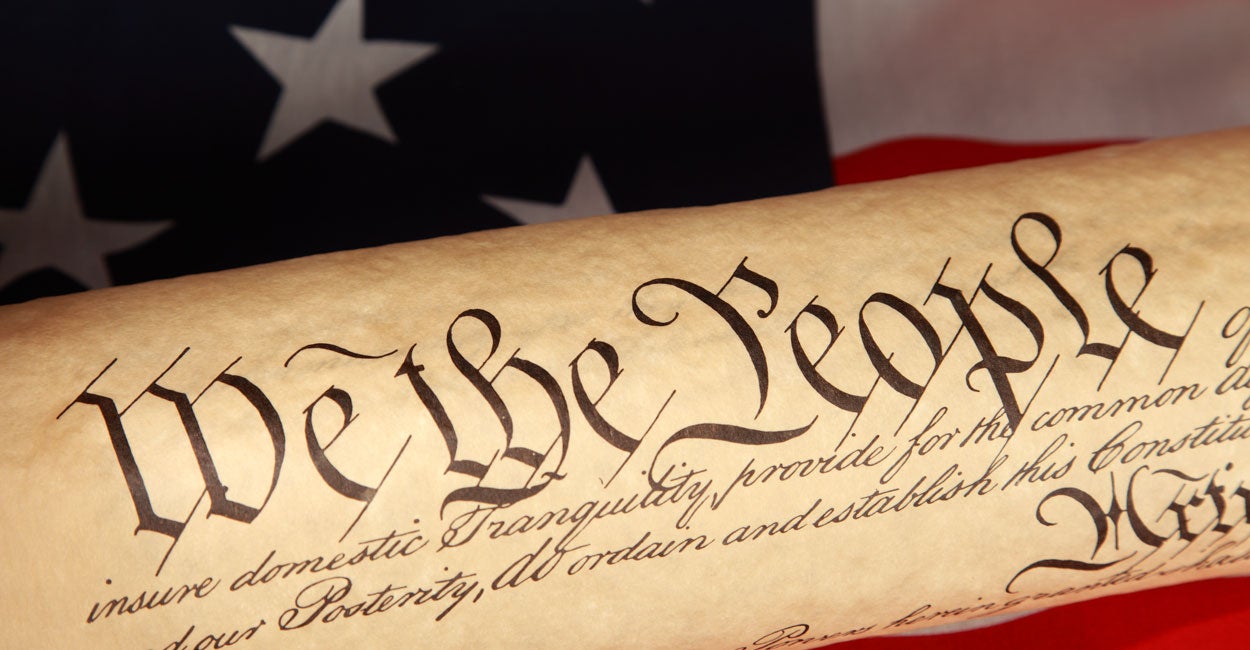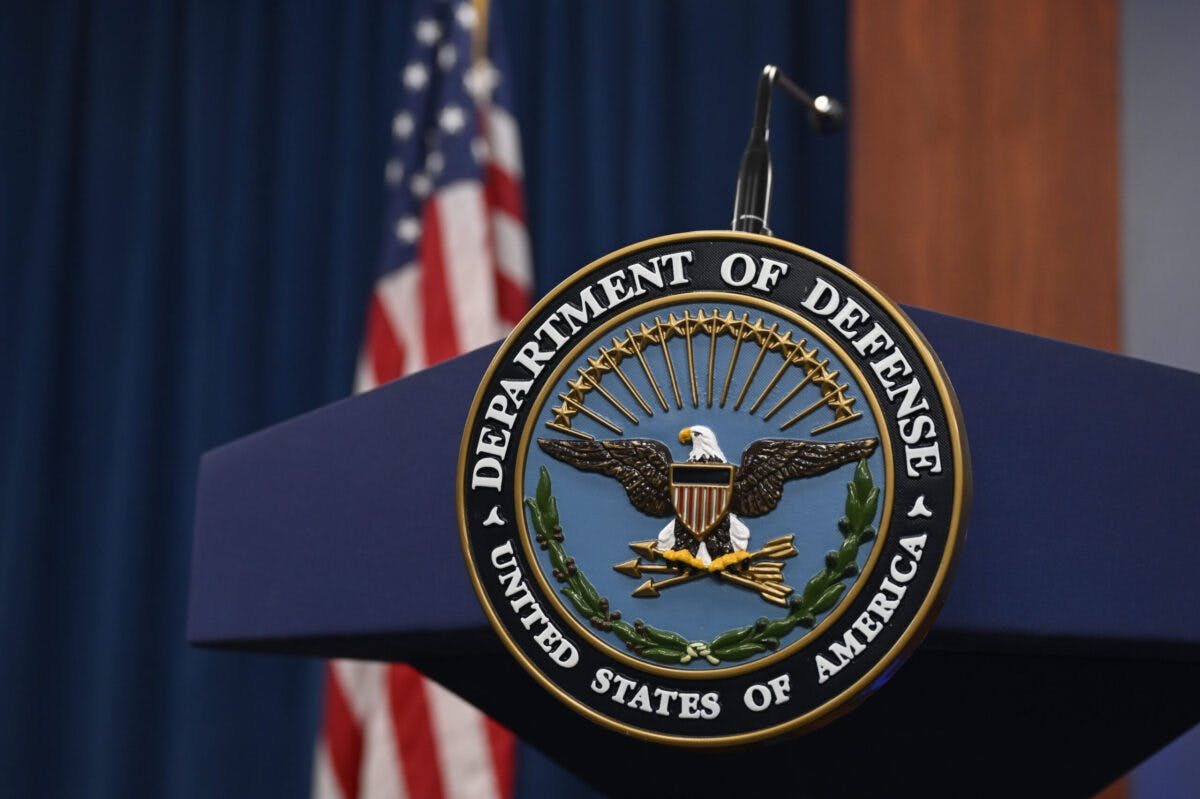Trump’s Modern-Day Monroe Doctrine
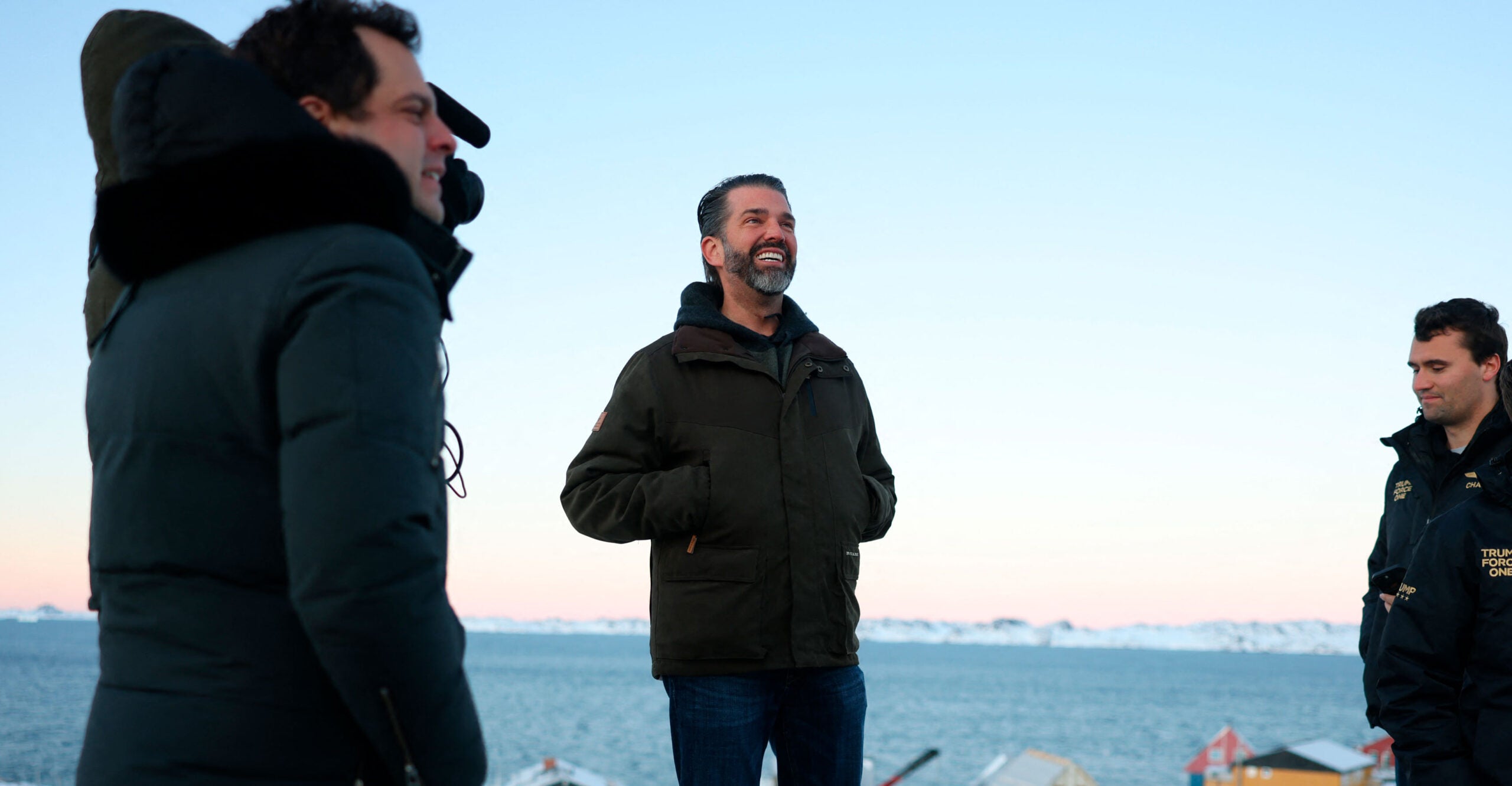
Donald Trump hasn’t even retaken the office of the presidency yet, and he’s already drastically reshaping American foreign policy.
At a Tuesday press conference, which covered a wide range of topics, President-elect Trump announced that his administration would be renaming the Gulf of Mexico the “Gulf of America.”
The once and future president also doubled down on his aims to acquire Greenland, retake control of the Panama Canal, and put pressure on Canada to change its trade relations with the United States.
One reporter asked Trump whether he would rule out using “military force” to take Greenland and Panama.
“I’m not going to commit to that,” Trump said. “It might be that you’ll have to do something. The Panama Canal is vital to our country.”
Trump added that the United States needs Greenland for “national security purposes.”
When he was later asked whether he would use military force to make Canada a part of the United States, Trump said he wouldn’t, but instead would employ economic pressure.
As you might expect, there was an instantaneous liberal meltdown in response to Trump’s comments.
There’s no question that Trump occasionally “spitballs” ideas at news conferences on all kinds of subjects, but I’d argue that he’s developing a clear agenda for his second go-around in the White House.
Trump’s foreign policy outlook, if viewed holistically, clearly aims to be much more limited and realistic than the dominant “make the world safe for democracy” and U.S. global primacy ethos that’s dominated Washington thinking in the post-Cold War world.
Trump 2.0 foreign policy, at least from the perspective of his public comments, appears to be shaping up into something akin to a neo-Monroe Doctrine. Its focus will be on shoring up the most important American interests at home and close to home, avoiding needless conflicts and adventurism in far-off places with marginal ties to American interests, and most importantly of all, restoring America’s confidence as a great country with a bright future.
For a little refresher, the original Monroe Doctrine was once the defining foreign policy attitude of the United States in the 19th century. It was initiated under President James Monroe, but is often attributed to John Quincy Adams, his brilliant secretary of state (and successor as president).
The Monroe Doctrine’s goal was limited, but profound, for the development of the United States.
America wouldn’t be unleashed on the world seeking monsters to destroy. It would instead secure its freedom at home with the threat that any great power abroad—especially a great colonial power from the Old World—would be looked upon with suspicion or hostility if it intruded in the New World.
Historian Walter McDougall wrote in his book, “Promised Land, Crusader State: The American Encounter With the World Since 1776,” that the principles of the original Monroe Doctrine “were conceived narrowly, and in terms of vital, nearby American interests.”
It was best understood, McDougall wrote, “as a purposefully vague proclamation of U.S. determination to defend whatever vital national interests it had, or might in the future, identify, in the Western Hemisphere.”
Later iterations of the Monroe Doctrine became perhaps a bit more expansive under Theodore Roosevelt and others, but the general principle remained in place. American interests expanded with the nation.
What Trump is doing with his recent remarks about the Panama Canal, Greenland, and even Canada is bringing back this traditional way of thinking of America as a country rooted in the Western Hemisphere. It even comports with his attitude toward national borders and immigration controls.
Why is the U.S. more committed to defending the border of Ukraine than its own border with Mexico? Trump doesn’t rule out that the U.S. may have interests that stretch across the globe, but he insists on putting vital and immediate interests at our own national doorstep first.
That includes the Panama Canal, which is no longer under American control—even though we built it and paid for it—but is absolutely connected to American economic and military security.
China’s de facto control over the canal would be an enormous long-term threat to the United States. China making massive inroads into Panama and elsewhere in Central and South America is the kind of great power threat that the Monroe Doctrine was originally meant to counter.
The question isn’t why Trump is suddenly bringing the issue up. Why haven’t American leaders already made it a priority?
Maybe Ronald Reagan was right about the Panama Canal, that we never should have let it go.
Greenland, too, is important for American defense. It not only has abundant natural resources, but is in a prime location for exerting power over the Arctic and defending the U.S. against potential threats from Russia, China, or any other great power in the region.
Obviously, the nature of our relationships with Canada and Mexico should be a priority. But the right kind of relationship that serves America best won’t always come through gentle words and platitudes.
Trump is a New York real estate man. Ultimately, he doesn’t care about niceties to get a deal done, though he’s clearly willing to use his own brand of soft power in negotiations. He’s sending many of his allies, including son Donald Trump Jr. to Greenland to win them over.
The bottom line is that Trump is signaling that his policy will be both more constrained and more focused on narrow American interests. If we make threats, they certainly better be seen as threats and not mere bluster. This will certainly be a change from outgoing President Joe Biden’s strategy, which amounted to “holler loudly and incoherently about everything while nobody listens.” Or just “don’t.”
If Trump does revive some form of the Monroe Doctrine, it could represent a much-needed return to tradition and to a stronger foundation for U.S. security in an increasingly dangerous world.
The post Trump’s Modern-Day Monroe Doctrine appeared first on The Daily Signal.
Originally Published at Daily Wire, Daily Signal, or The Blaze
What's Your Reaction?
 Like
0
Like
0
 Dislike
0
Dislike
0
 Love
0
Love
0
 Funny
0
Funny
0
 Angry
0
Angry
0
 Sad
0
Sad
0
 Wow
0
Wow
0

